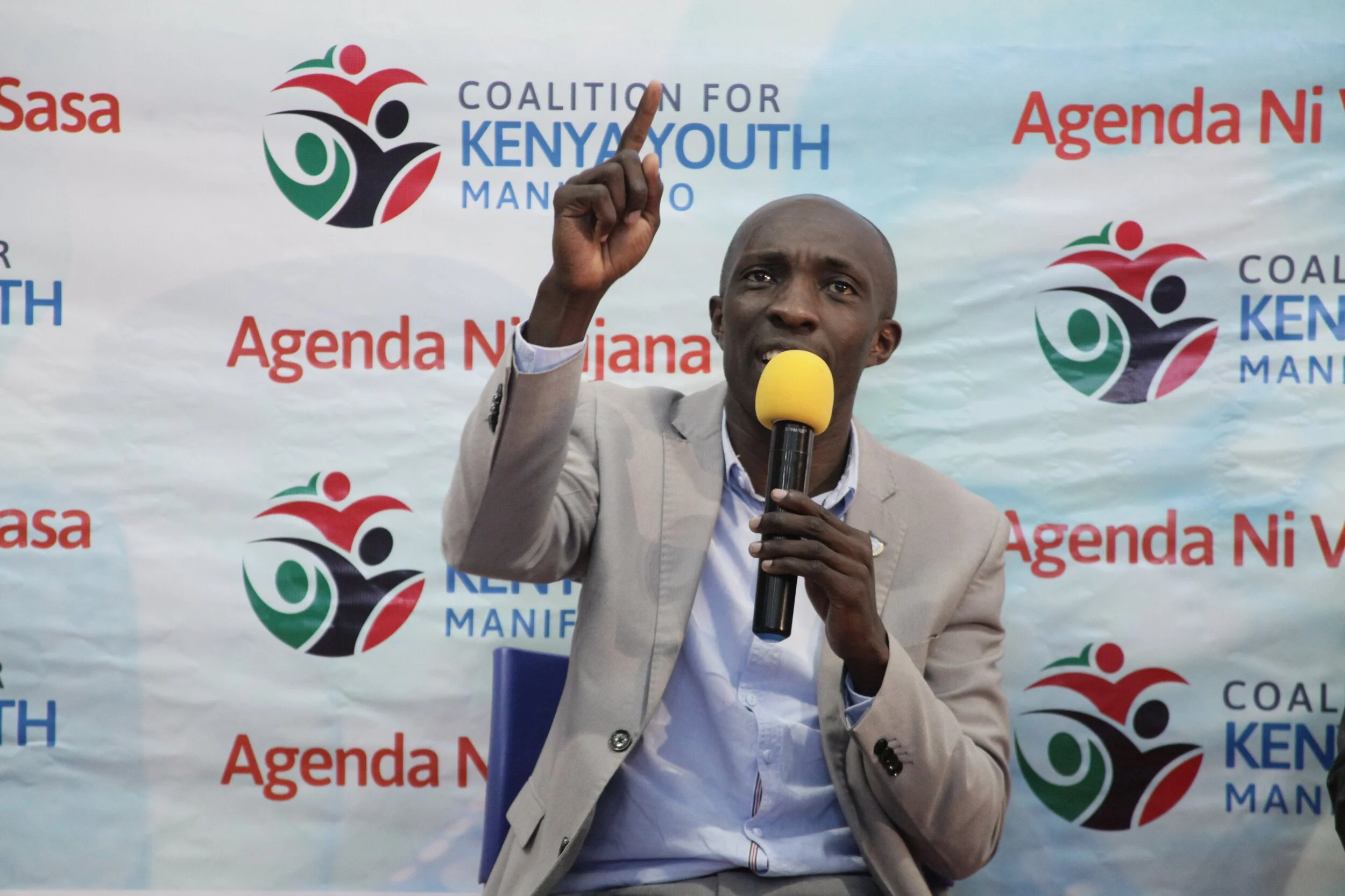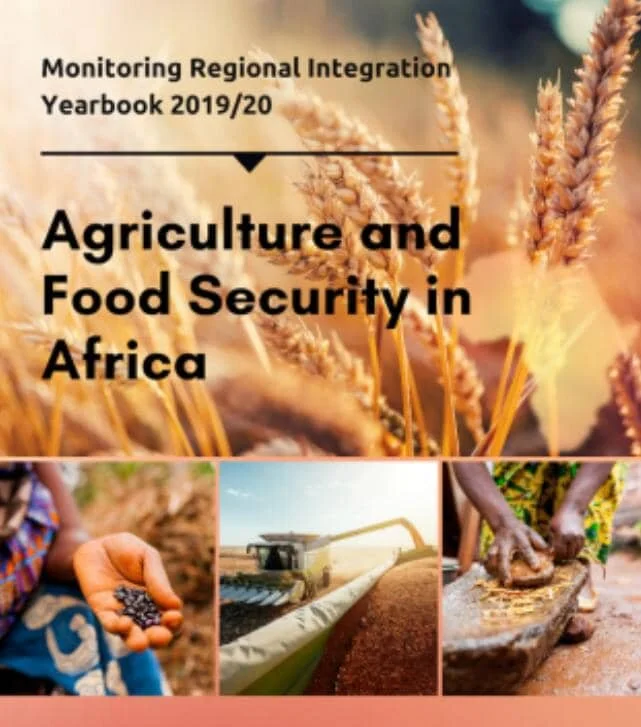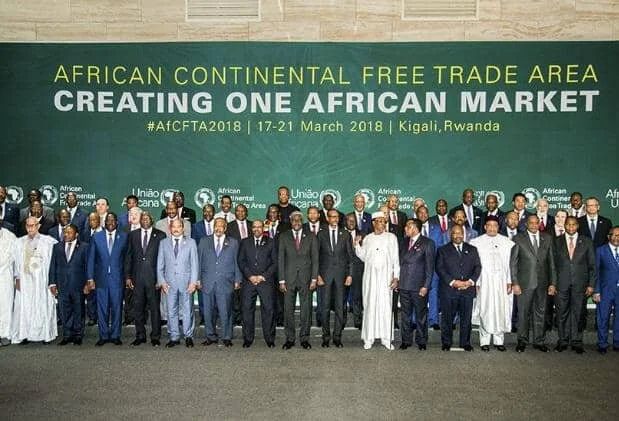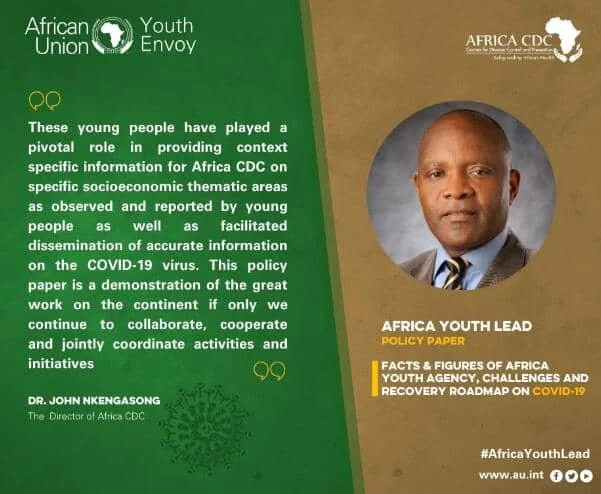Being the product of an elaborate deliberative process involving young people. Building on national constitutions, Regional Economic Communities, National Youth Policies, Youth Charter to unveil a foundational document to frame the youth development agenda.
The African Youth Charter | Empowering Young People Through Youth Participation And Equal Partnership
Our Theory Of Change | A Pathway For Action, Sustainability, Results, Learning, And Adaptation
We welcome the opportunity to develop and refine our Theory of Change as part of organizational Performance Improvement within Youth Excel, a 5-year USAID global flagship youth development program centered on Implementation Research. Our intended outcome is to build a practical theory to underpin our ambitious youth-led community transformation efforts. This Theory of Change is based on organizational performance improvement as an approach to build the capacity of The Youth Café which focuses on achieving our strategies. We recognize that high performing youth-led and youth-serving organizations like we desire to be, need to be exceptional in four domains identified by our Performance Improvement framework: Efficiency, Effectiveness, Relevancy, and Journey to Self-Reliance (J2SR).
The Youth Cafés Strategic Plan 2021 - 2023
This strategy will guide The Youth Cafe in addressing and working to advance youth-led approaches toward achieving sustainable development, social equity, innovative solutions, community resilience, and transformative change. Our plan is ambitious but also appropriate to the scale of the challenge and the opportunity to make a difference. Executing this strategy will require extensive partnerships and new resources. It will require us to sermon our strengths and continue to learn and adapt in order to support the young people we are dedicated to serve and live up to the youth-led principles we embrace.
Identification And Evaluation Of Business Opportunities: The Experiences Of South African And Ugandan Youth Entrepreneurs
It is often believed that without opportunity, entrepreneurship would not exist. Identification and pursuit of opportunities are believed to be at the very heart of entrepreneurial success, which sets entrepreneurs apart from other members of society. However, according to the recent Global Entrepreneurship Monitor Report, only about one-third of South Africans were able to recognize entrepreneurial opportunities within their communities. In Uganda, the majority of the youth entrepreneurs are said to be engaged in low margin businesses that are only able to meet the day-to-day needs of the owners with very little differentiation amongst them.
Monitoring Regional Integration Yearbook 2019/20: Agriculture And Food Security In Africa
The pandemic and measures taken to curtail its spread have compounded food insecurity on the African continent. Food insecurity challenges were already evident due to previous and ongoing extreme climatic conditions (floods and droughts in southern Africa), pests (locusts in East Africa), civil unrest, slow economic growth, and high levels of unemployment and poverty. This book covers various topics related to agriculture and food security challenges faced by African countries. Africa’s population has been increasing and is estimated to reach 1.2 billion by 2050.
Trade In the Digital Economy: A Tralac Collection
The wheels of international trade are powered by the Internet. From the smallest informal trade to a major supply agreement, contracts are transacted online; whether via email, e-commerce store, or digital platform. Any formal trade relies on the Internet for implementation – financing, documentation, and logistics are all digitally driven, and becoming more and more so. Whether it is an emailed order, an online purchase, or merely the financial arrangements behind the transaction, the Internet will inevitably be used in conducting international trade.
Trade And Development Finance In Africa In The Shadow Of COVID-19
Even under the immense challenges posed by the COVID-19 pandemic on the African continent, great opportunities exist for the expansion of trade through trade and development finance. This paper will provide a broad overview of trade and development finance with a focus on Africa as well as underscore the necessity for trade finance. Moreover, although this paper will not serve as an exhaustive audit of trade finance developments in Africa, it will highlight some interesting developments that have occurred in the broad trade finance space in Africa over the past year as well as potential trade and development opportunities.
Just Released: 2020 Annual Impact Report
The Youth Cafe is proud to share the eighth Impact Report produced based on the Social Return on Investment methodology. The average Social Return on Investment ratio for The Youth Cafe is 1:12, meaning that an investment of $1 delivers $12 value in terms of positive social impact. The present report outlines the main activities and projects carried out by The Youth Cafe from January to December 2020. The activities were developed and implemented in compliance with The Youth Cafe Strategic approved Plan for 2018-2023 and The 2017 Youth Manifesto.
African Youth Lead Policy Paper
This paper draws on several months of national, regional, and continental youth consultations hosted by the African Union Office of the Youth Envoy (OYE) in collaboration with Africa CDC. These include the virtual youth consultations held from23rd March 2020 to 11 June 2020; as well as focus group consultations carried out by member networks of the African Youth Front. The aim of these consultations were to collect opinions and recommendations from youth leaders, with a view to inform policy briefs that were shared with Africa CDC. The consultations collected original data from online discussions with participants using Zoom and Facebook Live, as well as polls and surveys.










